While corporate events can be good for the local economy, they can also be damaging to the environment. As planners, we have a social responsibility to be aware of how our events are contributing to the climate problem and do our best to find ways to reduce the damaging effects. It can feel like a lot of pressure but there are some very easy and actionable ways you can start. Before you know it, thinking of ways to make your event more eco-friendly will become second nature. Here are a few ideas to get you started!
Plan A Sustainable Menu
Did you know that food waste is one of the biggest generators of waste at events? Luckily, there are a ton of ways you can help reduce food waste at your event. Make sure you have accurate meal counts and aren’t over-ordering. Try to offer vegetarian or vegan options for your entire event where you can (encourage a “meatless meal or vegan break” during your event), and source locally whenever possible. At the end of your event, if there is extra food, see if it can be donated - it takes a bit of research but is always worth it in the end!
Recycle What You Can
If you host an annual event, try saving items and reusing them next year. Signage that can be saved and reused will help save your budget and the planet. Most attendees throw away their badges and lanyards at the end of the event - instead, have a place where they can drop them off so that you can recycle and reuse plastic badge holders and lanyards. Make sure to have clearly marked recycling bins throughout the event also, to discourage people from throwing everything away.
Go Paperless
With the technology we have available to us today, it’s a surprise that anyone still has paper at events - but a lot still do! Try going paperless by having an event app where attendees can access information, or use QR codes that can be scanned. Making the change can be tough with some attendees at first but usually, by the next year, everyone will be on board. If you can’t go completely paperless, try and use recycled paper and materials.
Ban Single-Use Items
One of the biggest single-use items at events is plastic water bottles. Instead of having those available for attendees, have water stations, or pitchers of water placed at their seats. In your pre-event email make sure to call out that attendees should bring reusable water bottles - most probably travel with one anyway. During meals avoid using disposable items like cutlery and paper or plastic plates, use reusable dishware that can be washed and reused, and cloth napkins instead of paper napkins. And if you can’t avoid it, try using recyclable or compostable options instead.
Encourage Carpooling or Public Transportation
To help cut down on carbon emissions, encourage your attendees to take advantage of public transportation or carpool with a friend or coworker. This helps if your event is taking place in a major city, where the majority of your attendees are from or work near. Make it less intimidating for them by having instructions and locations of the public transportation system in your pre-event email. If a lot of your attendees are traveling far and by plane to get to your event, research carbon credit, and reforestation programs - you may be able to help offset attendee travel emissions by buying carbon credits.
Offer Eco-Friendly Swag
If you decide to offer swag items, make them reusable and eco friendly - like metal straws, reusable cutlery, and reusable totes. If you really want to impress your attendees, give away branded reusable water bottles - that would be perfect for when you get rid of single-use plastic water bottles and it will make the adjustment easier!
Pick An Eco-Friendly Venue
Look for venues that are LEED-certified, meaning that it was designed and built using strategies aimed at improving performance across all the metrics that matter most: energy savings, water efficiency, CO2 emissions reduction, improved indoor environmental quality, and stewardship of resources and sensitivity to their impacts. Or, look for venues that are open and bright - so that you can take advantage of natural light and if it’s the right time of year, you can avoid using heating and cooling systems as well.
Need help finding a venue? Use EventUp!




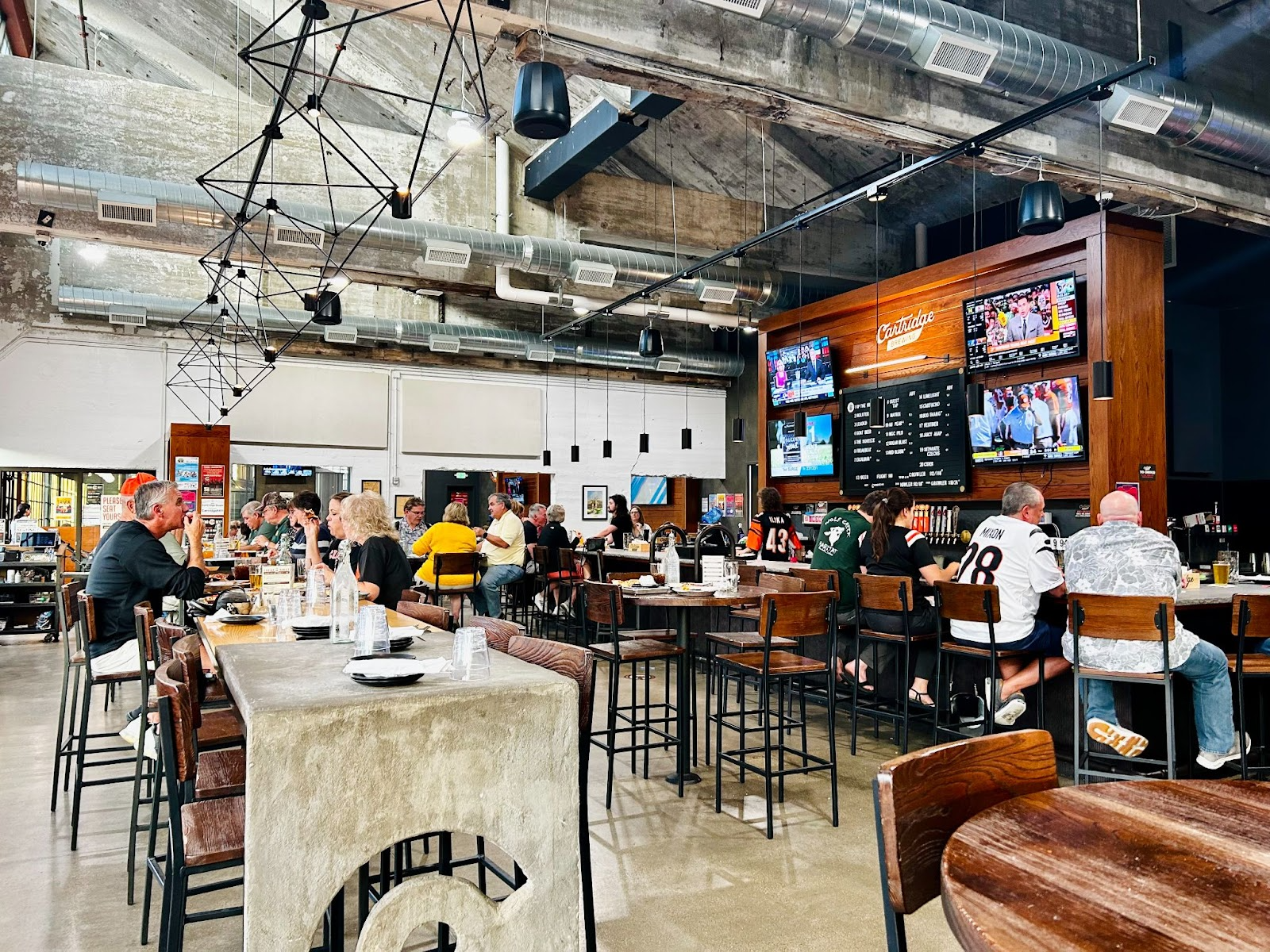
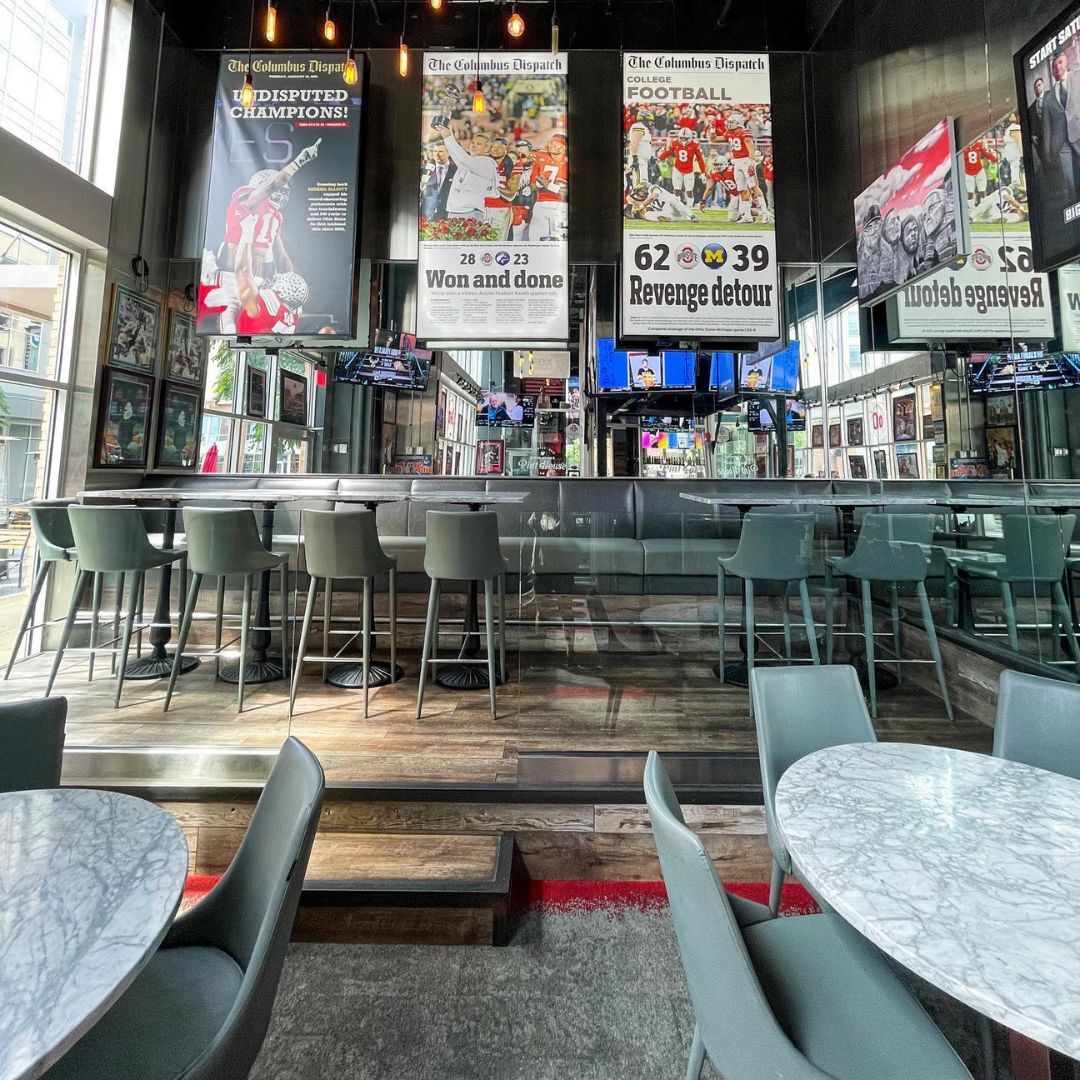
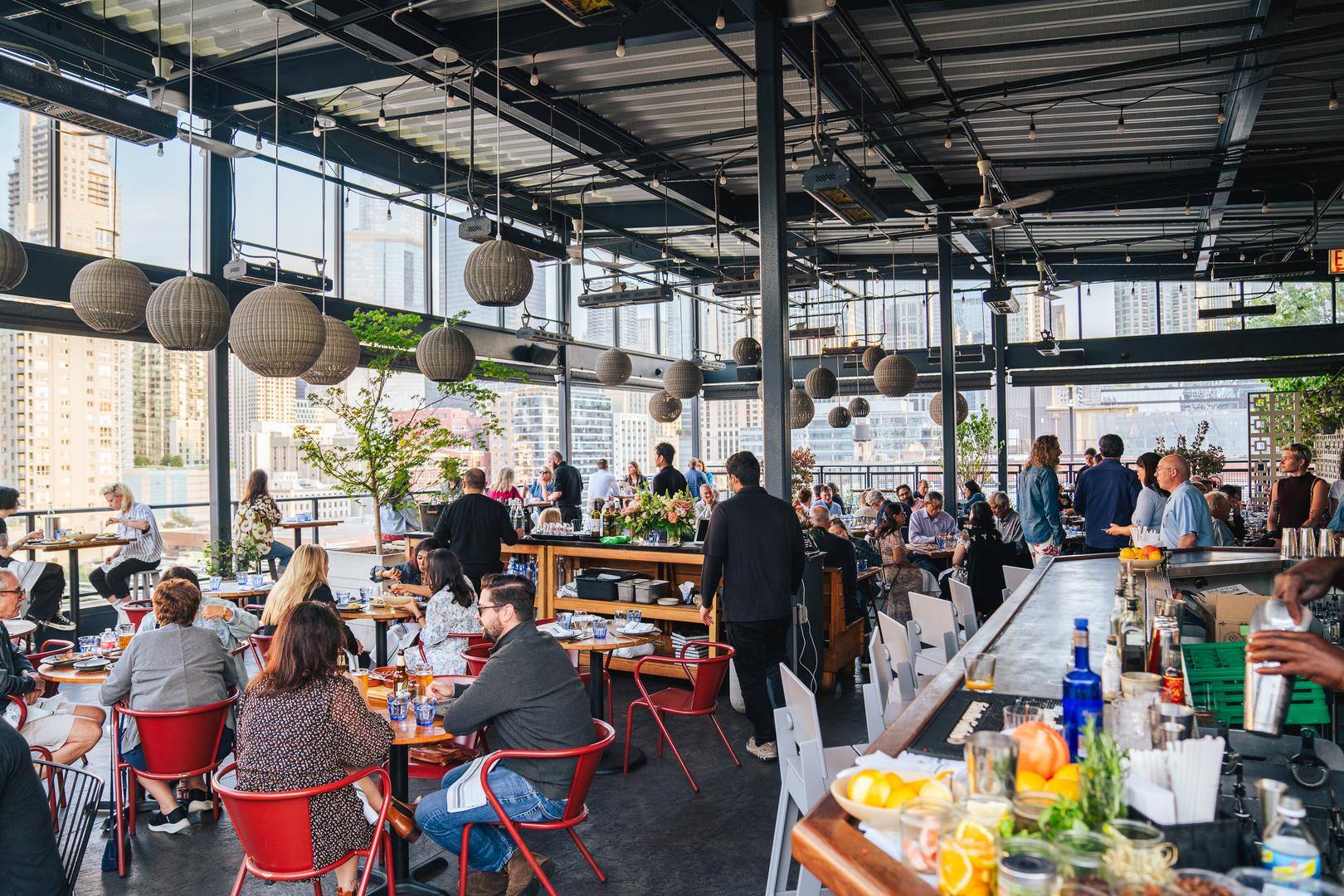


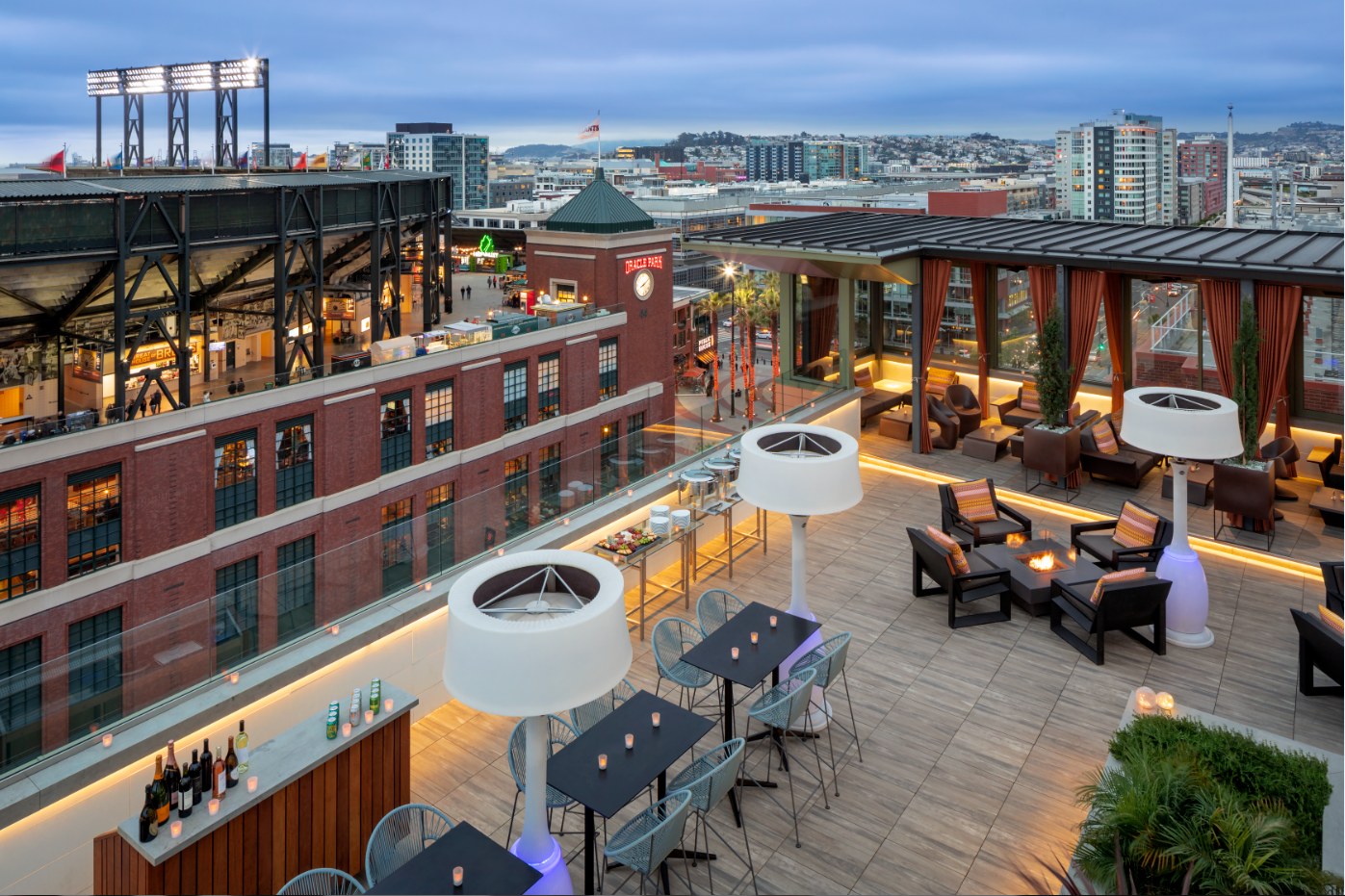



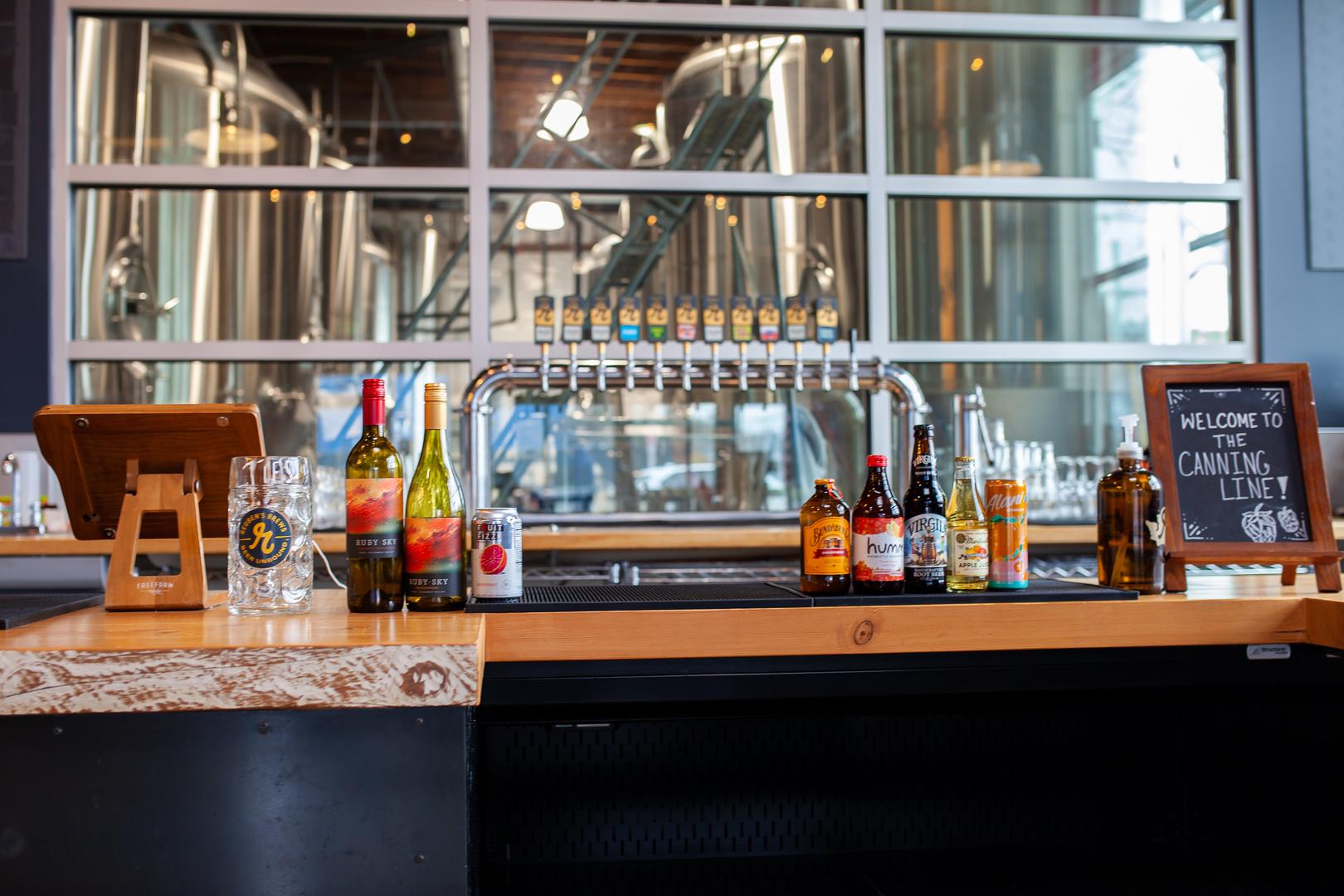
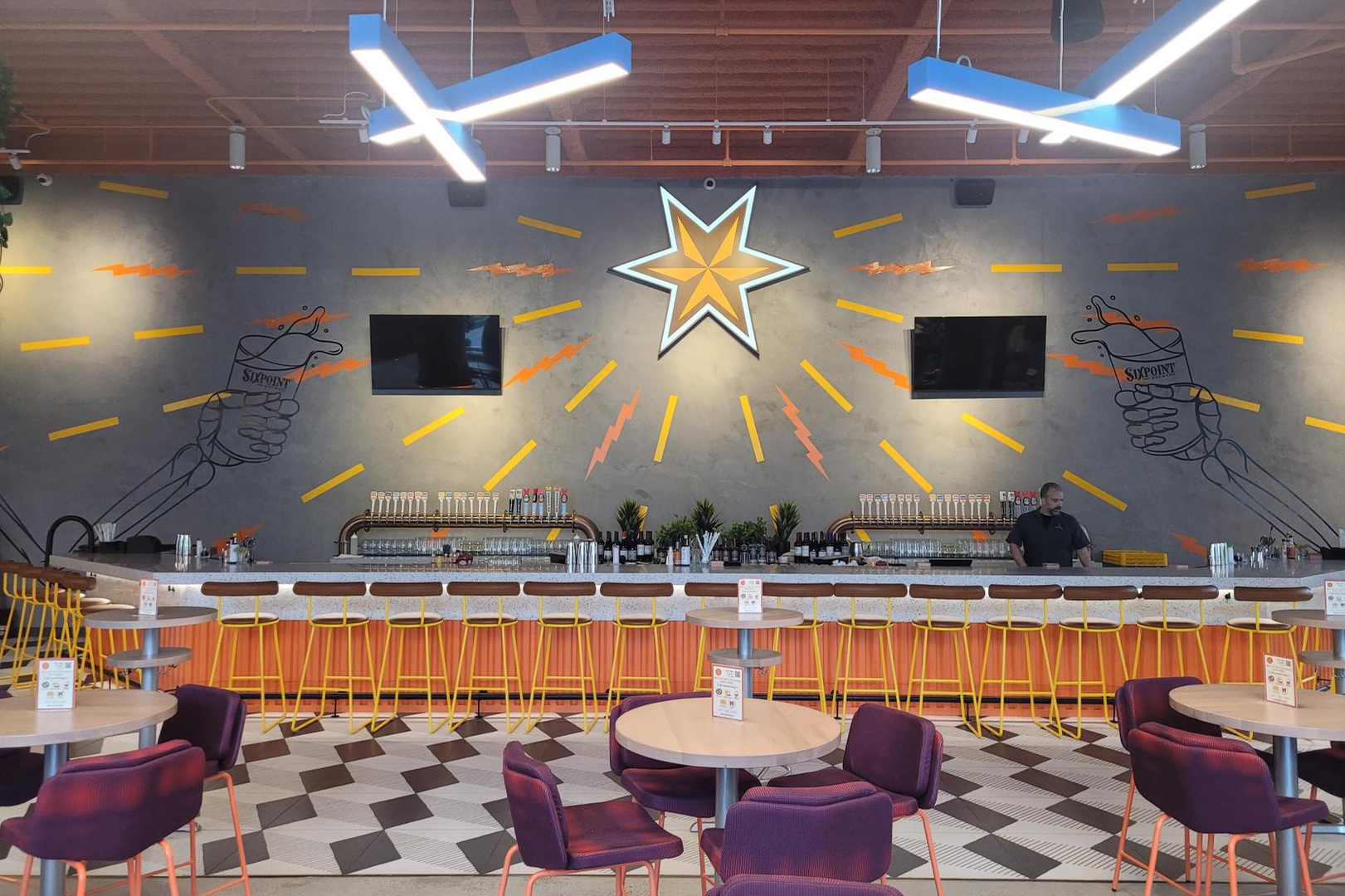
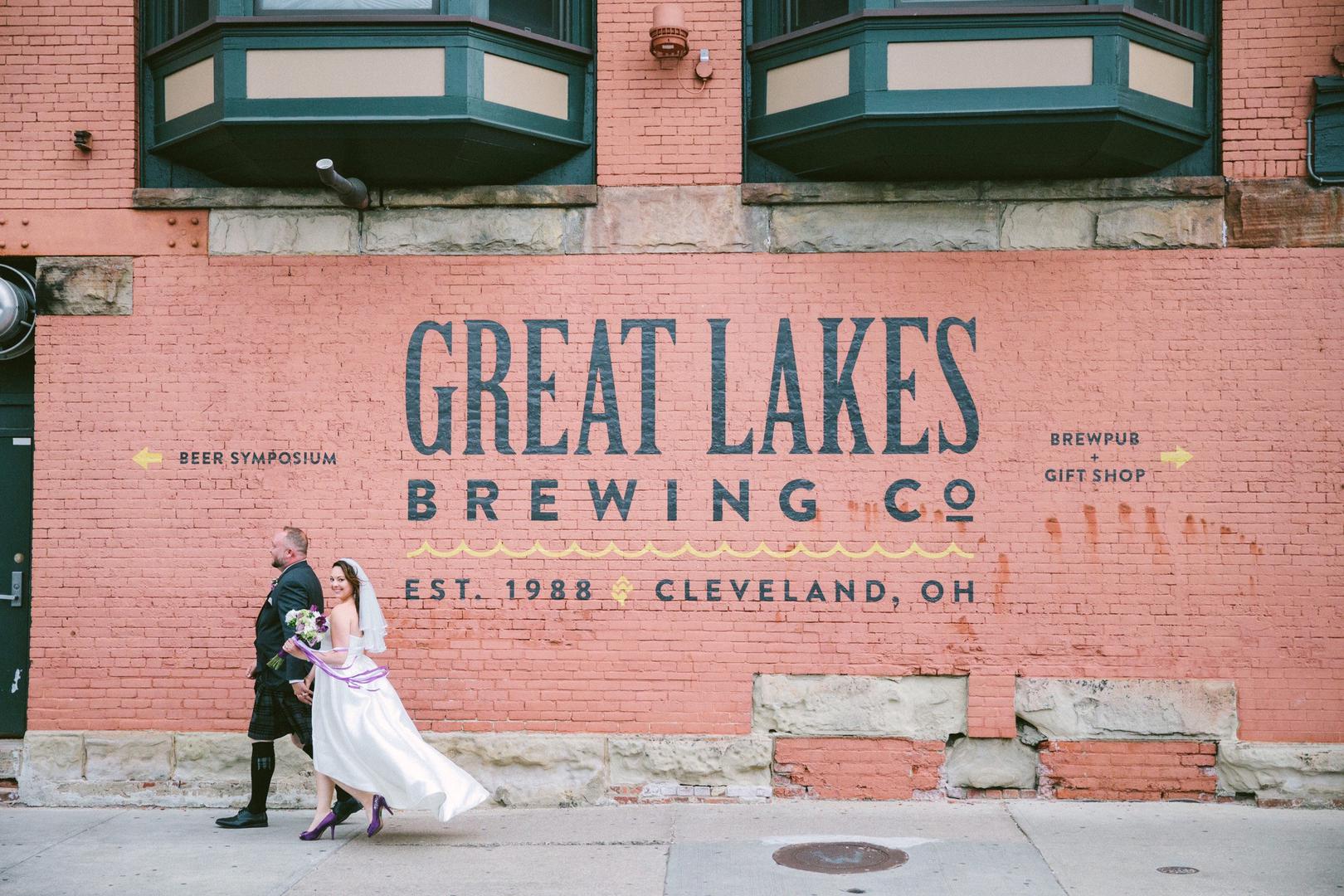
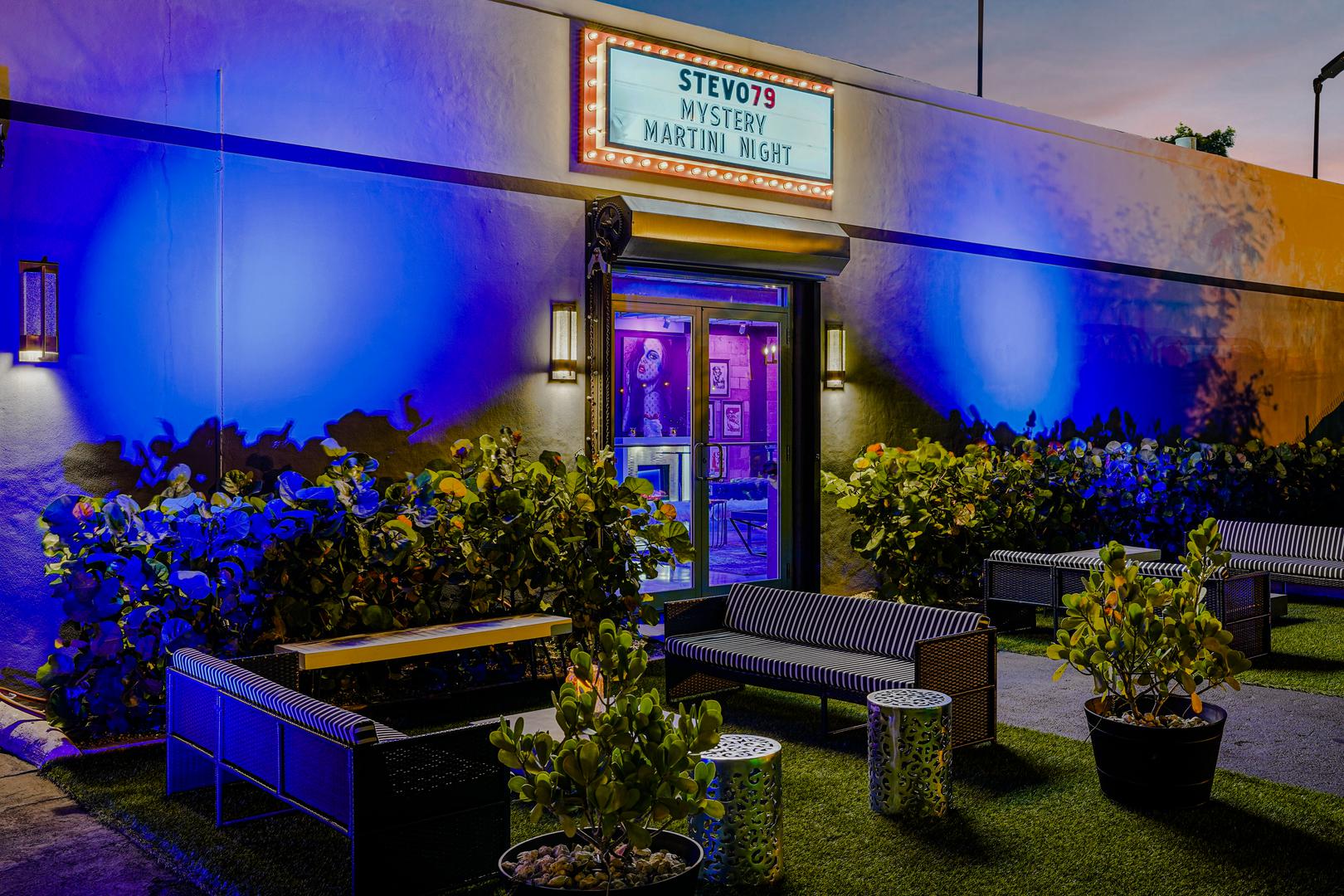
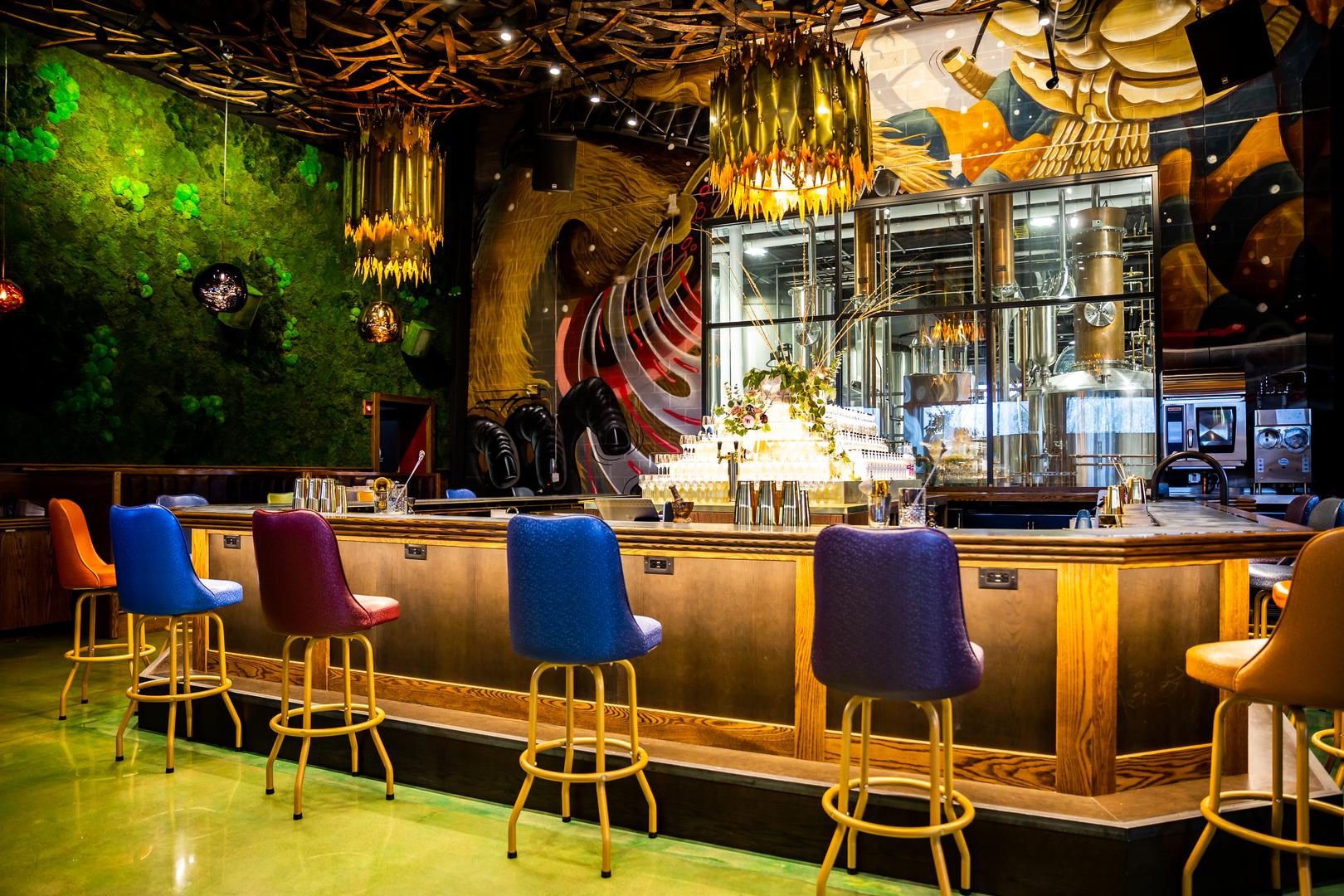
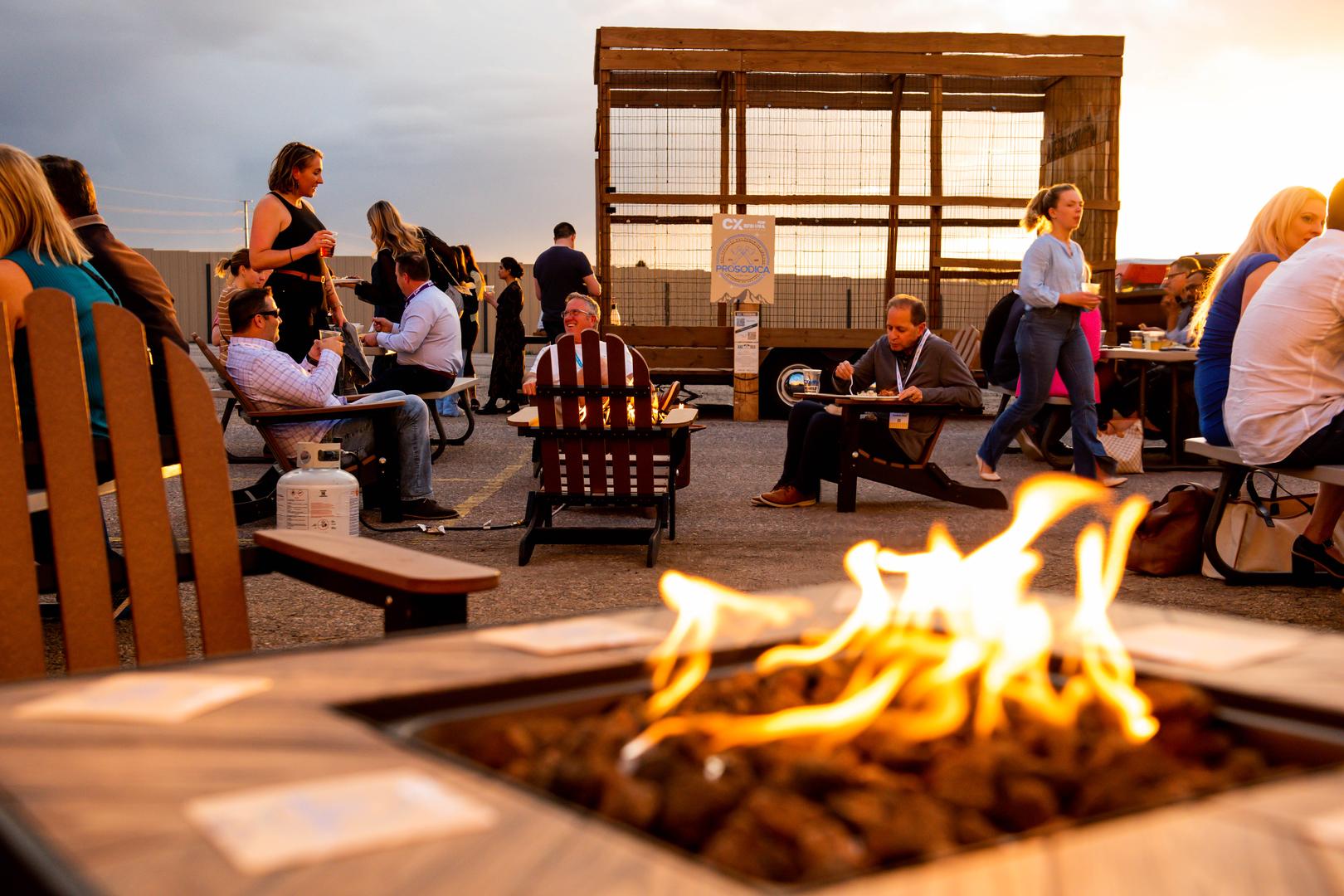


%20Where%20to%20Eat%20Near%20Willis%20Tower%20in%20Chicago.png)
